

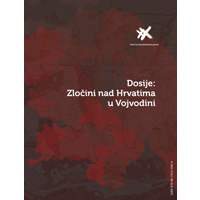
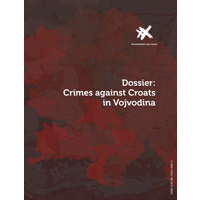 On Thursday, January 31, 2019, the Humanitarian Law Center (HLC) will present its eleventh dossier, entitled “Crimes against Croats in Vojvodina” (Dossier). The presentation will take place in the Great Hall of the Media Center in Belgrade (Terazije 3, II floor) at 12:00.
On Thursday, January 31, 2019, the Humanitarian Law Center (HLC) will present its eleventh dossier, entitled “Crimes against Croats in Vojvodina” (Dossier). The presentation will take place in the Great Hall of the Media Center in Belgrade (Terazije 3, II floor) at 12:00.
During the period 1991-1995, in the territory of the Autonomous Province of Vojvodina, there was a campaign of intimidation and pressure on Croatian civilians with the aim of forcing them to leave their homes, and Serbia as well. Vojislav Šešelj and his Serbian Radical Party were the main advocates and inspirers of this campaign. Violence against Croats in Vojvodina included attacks on their private property and religious buildings, as well as threats, physical attacks and murders, and resulted in the expulsion of several thousands of Croats from Vojvodina.
This intimidation campaign took place with the awareness and tacit approval of the political structures of the Republic of Serbia. The evidence presented in this Dossier shows that in some acts of violence against Croats, the persons from the State Security Department of the Ministry of Internal Affairs of the Republic of Serbia also took part.
Speakers:
Simultaneous interpretation into English will be provided
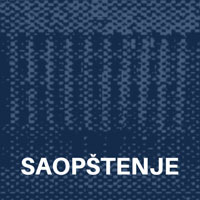

On 25th December 2018, the Humanitarian Law Center submitted to the Constitutional Court of Serbia an initiative for assessing the constitutionality and compliance of the Law on Free Legal Aid (ZBPP) with the Constitution of the Republic of Serbia, generally accepted rules of international law and ratified international conventions. The HLC considers the legal solutions foreseen in the ZBPP on the one hand deny equal access to justice to citizens, since they exclude a wide range of persons who could be users of free legal aid, whilst, on the other hand, they narrow down the circle of providers of free legal aid, leaving a large number of Serbian citizens without adequate legal protection.
At the end of November 2018, the National Assembly adopted the ZBPP, although its actual implementation was postponed until 1st October 2019. The debate on various proposals of this law lasted for over a decade, and one of the biggest obstacles to its adoption was the disagreement between bar associations in Serbia and citizens’ associations regarding the issue of who can provide free legal aid. For this reason, the HLC considers one of the most controversial provisions of the ZBPP to be Article 9, which provides that free legal aid can only be provided by lawyers, local self-government units and organizations providing free legal assistance in the fields of protection against discrimination and asylum. The organizations dealing with issues that do not include protection against discrimination and asylum cannot provide free legal aid, but free legal support exclusively, as reflected in administrative matters such as, for example, filling in forms.

Sorry, this entry is only available in srpski.
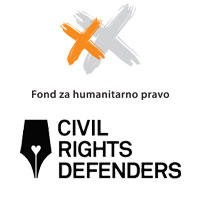
Sorry, this entry is only available in srpski.
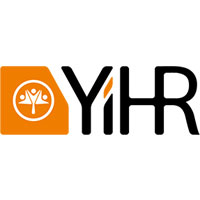
Sorry, this entry is only available in srpski.


On Friday 21 December 2018, the Humanitarian Law Center (HLC) submitted to the Ministry of Labour, Employment and Veteran and Social Affairs (Ministry) its comments on the Draft Law on Veteran and Disability Benefits (Draft Law). In the comments the HLC points out that the public consultation process that preceded the preparation of the draft law was non- transparent and that the text of the Draft Law, instead of improving the position of civilian victims of war, maintains the discriminatory provisions contained in the law currently in effect, as a result of which civilian victims of war are put in an unfavourable position in relation to military victims of war.
In early August 2018, the Ministry established a working group to draft a law which would comprehensively regulate the rights of war veterans. Only members of war veteran and disabled servicemen associations were invited to participate in the working group. Associations of civilian victims, gathered around the Alliance of Serbian Associations of the Families of Missing Persons from the Territory of the former Yugoslavia, as well as interested experts in the field and other stakeholders were excluded from the process. Moreover, apart from announcing that the working group had been set up, the Ministry did not publish either of the two versions of the Draft Law on its website for comments. It was from the website of the Association of Disabled Wartime and Peacetime Veterans of Serbia that the HLC got hold of the Draft Law dated 9 December 2018. By not publishing the Draft Law on its website and not including associations of war-disabled civilians and civilian victims of war in the consultation process, the Ministry made it impossible for those interested parties to contribute their views on the proposed legislation.